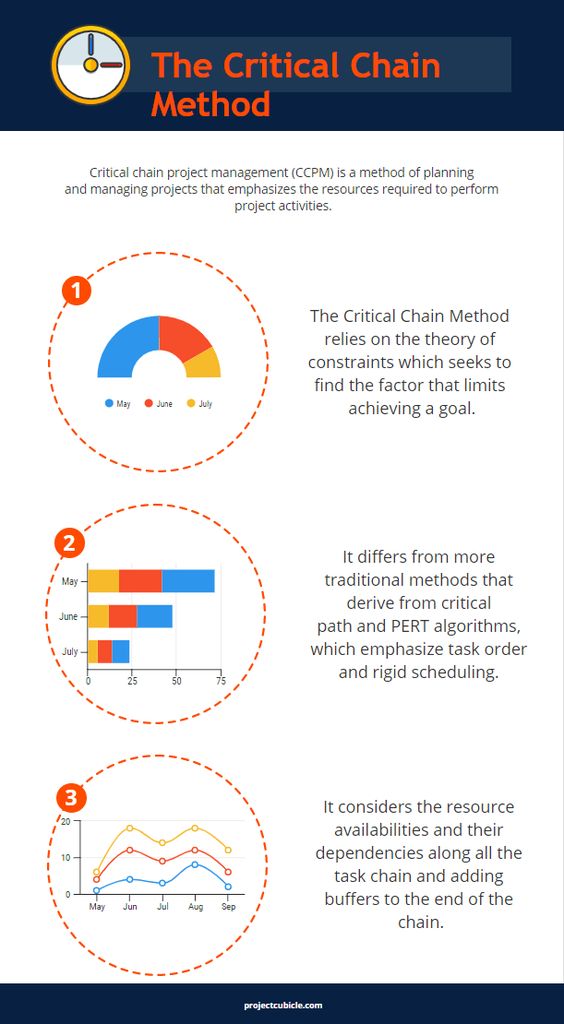Introduction
Project management is the practice of organizing and managing resources to achieve a specific goal. It involves planning, scheduling, and controlling activities to ensure that the project is completed on time and within budget. One of the most important tools used in project management is the critical path.
Definition
The critical path is the sequence of activities that determines the duration of a project. It is the longest path through the project network that determines the shortest possible duration of the project. It is also the most important path in the project network as it determines the earliest completion date of the project.
Calculating the Critical Path
The critical path is determined by first identifying all the activities that must be completed in order to complete the project. These activities are then linked together to form a network. Each activity is assigned a duration and the network is analyzed to determine the longest path through the network. This is the critical path.
Importance of Critical Path
The critical path is important because it helps project managers identify the activities that must be completed on time in order to meet the project deadline. It also helps project managers identify activities that can be delayed without affecting the project completion date. This allows project managers to focus their resources on the activities that are most important to the project.
Advantages of Critical Path
The critical path provides a clear picture of the project timeline. It allows project managers to identify activities that can be delayed without affecting the project completion date. This allows project managers to focus their resources on the activities that are most important to the project.
Disadvantages of Critical Path
The critical path can be difficult to manage if the project timeline changes. It can be difficult to identify the activities that must be completed on time in order to meet the project deadline. It also requires careful planning and scheduling in order to ensure that the project is completed on time.
Tips for Managing the Critical Path
• Identify the activities that must be completed on time in order to meet the project deadline.
• Schedule the activities in order of importance.
• Monitor the progress of the project and adjust the timeline as needed.
• Communicate with team members to ensure that the activities are completed on time.
• Identify activities that can be delayed without affecting the project completion date.
You might find these FREE courses useful
- Create a Project Management Dashboard
- Top Project Management: The Basics For Success
- Top Project Management: Life Cycle And Project
- Top Project Management Certification Google Courses
- Top Project Management Courses – Learn Project
- Top Project Management Principles And Practices
Conclusion
A critical path is an important tool in project management. It helps project managers identify the activities that must be completed on time in order to meet the project deadline. It also helps project managers focus their resources on the activities that are most important to the project. By following the tips outlined above, project managers can effectively manage the critical path and ensure that the project is completed on time and within budget.
